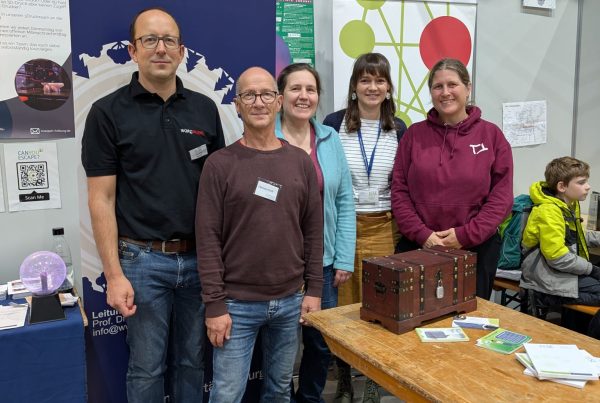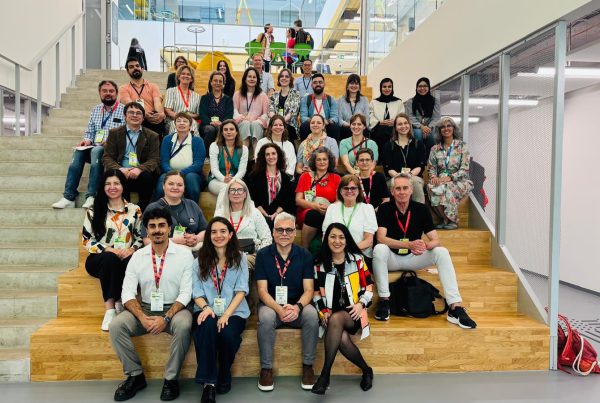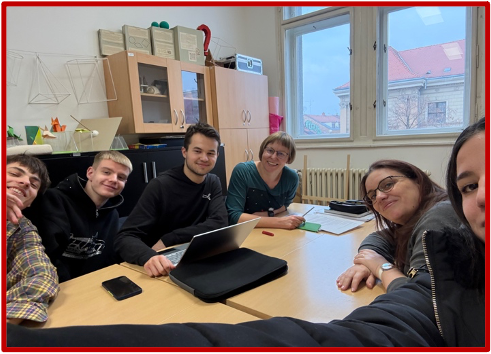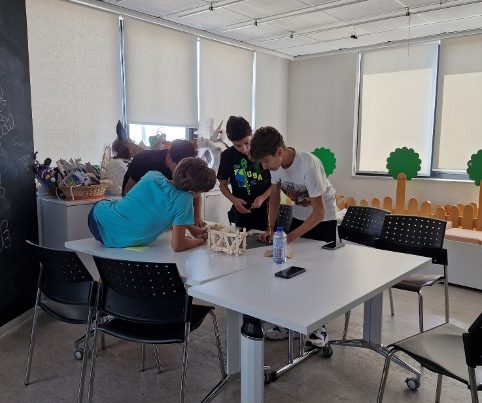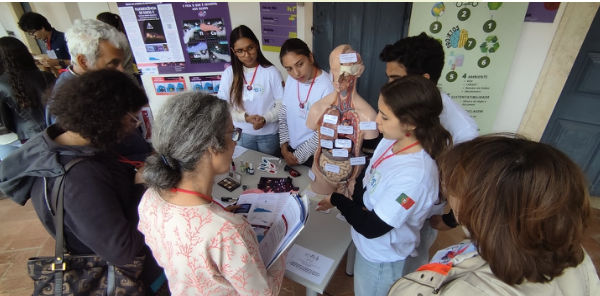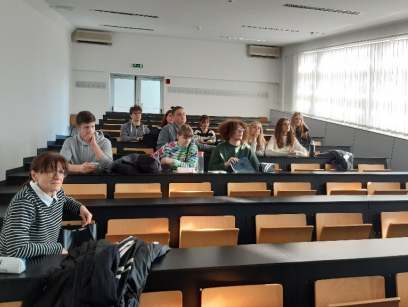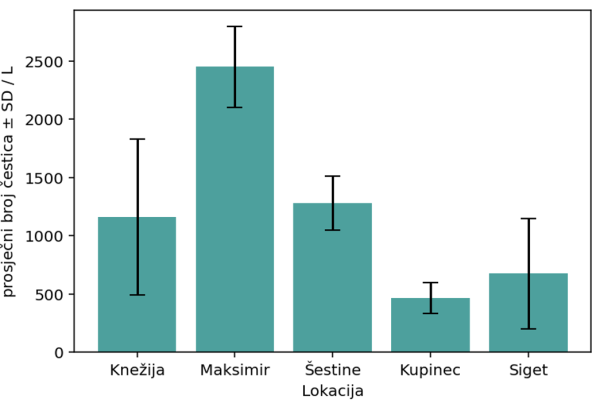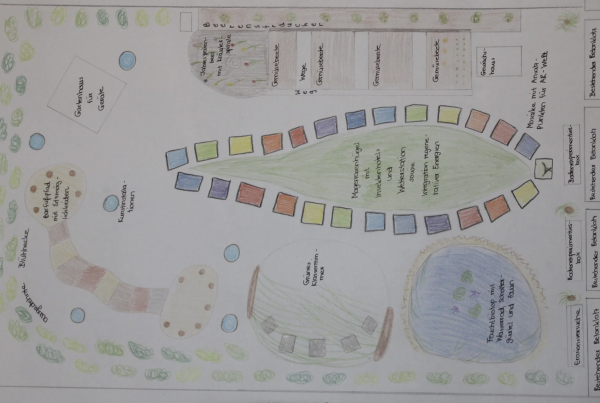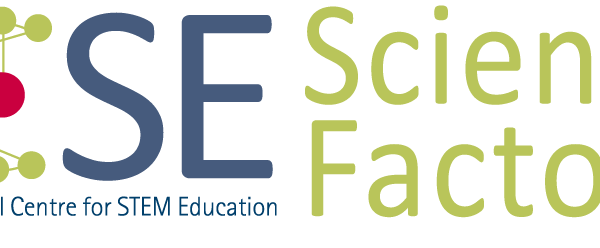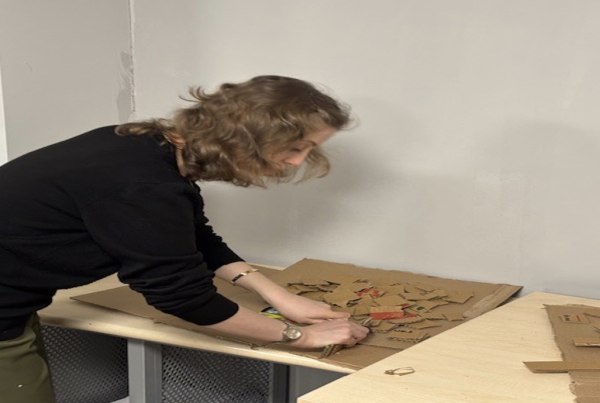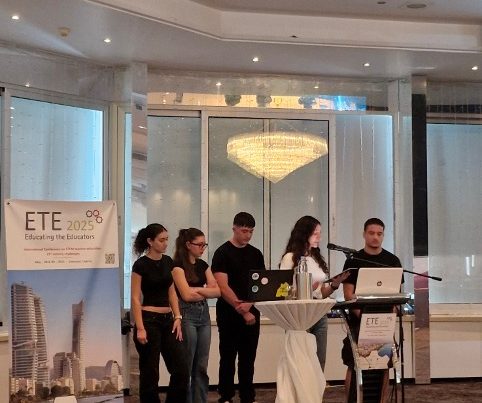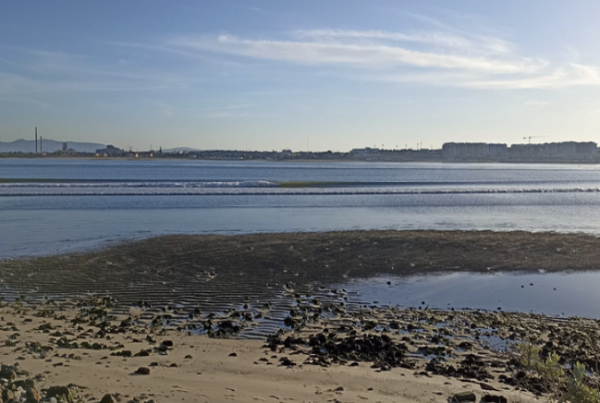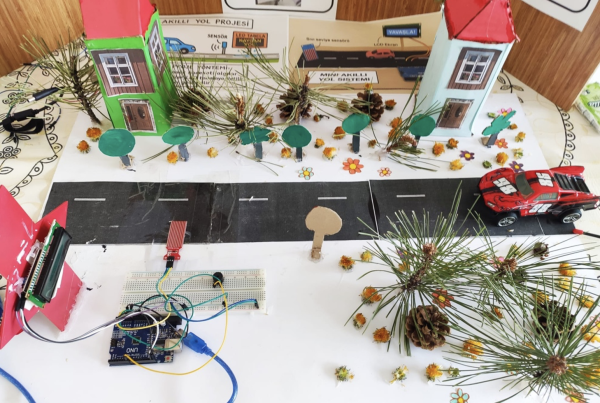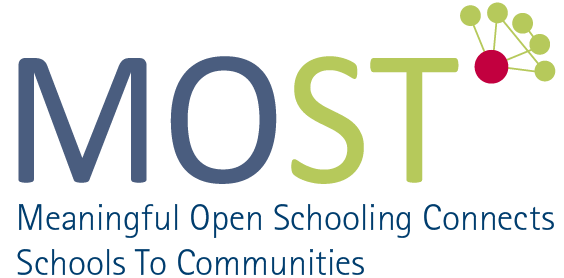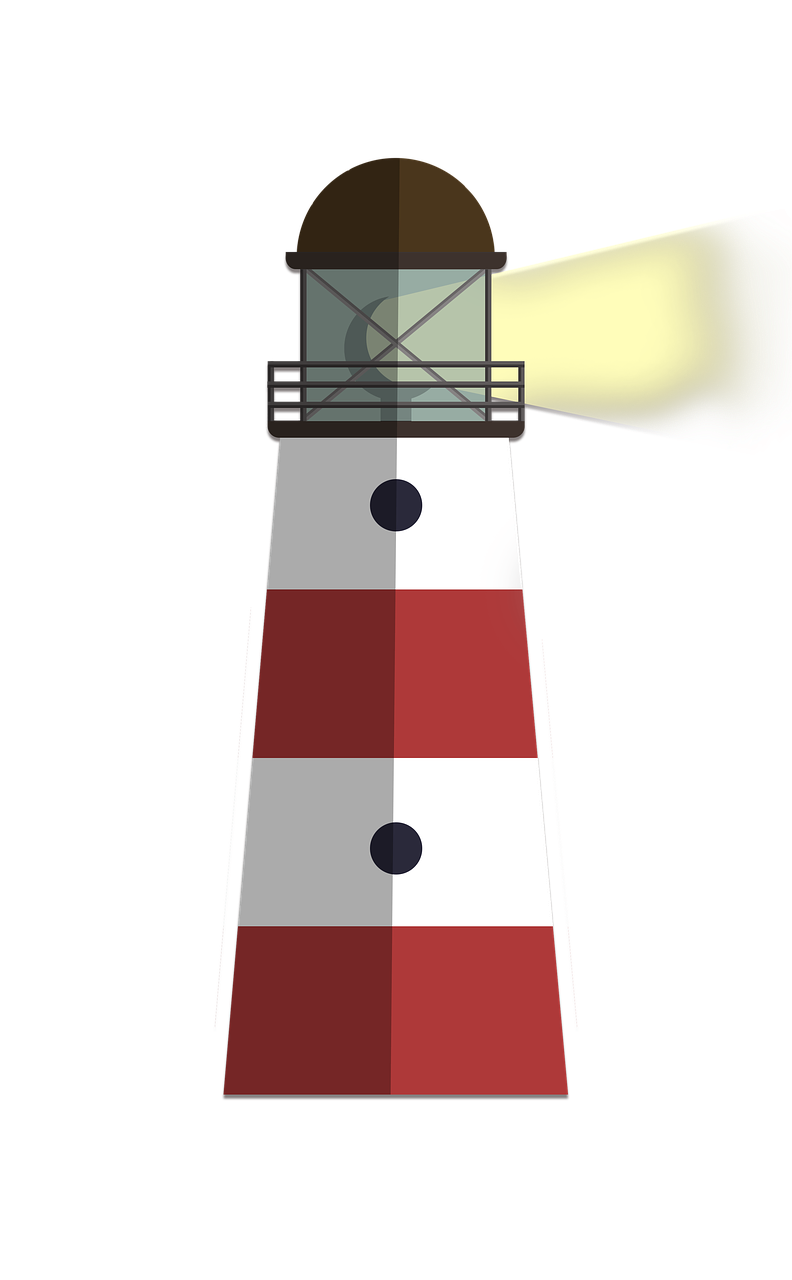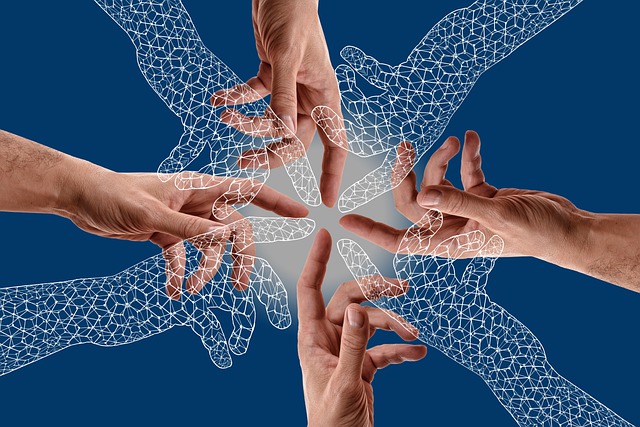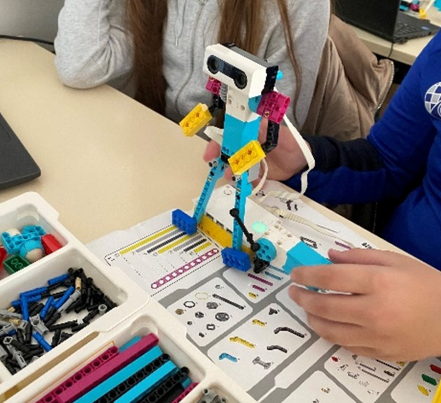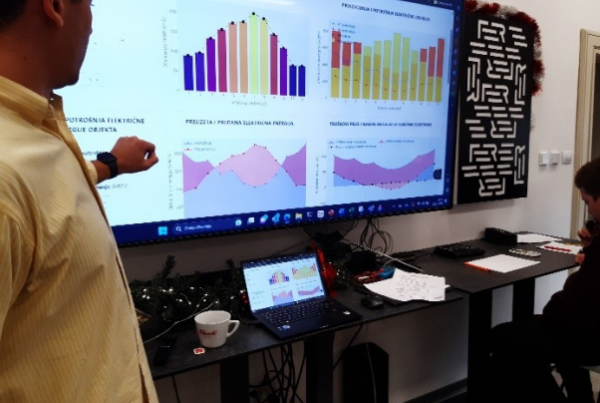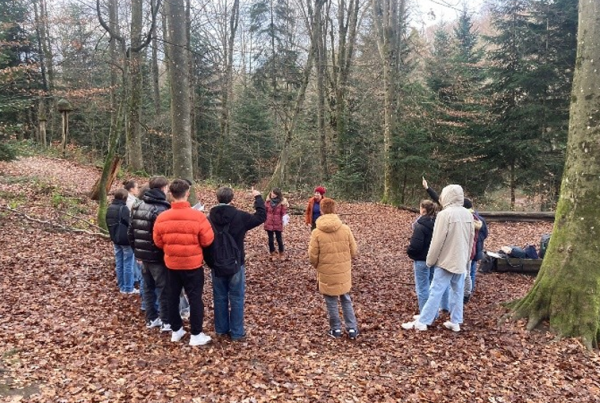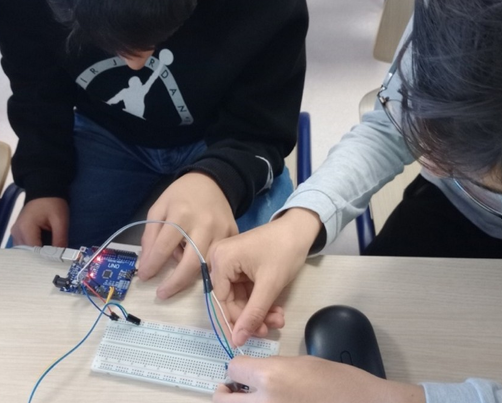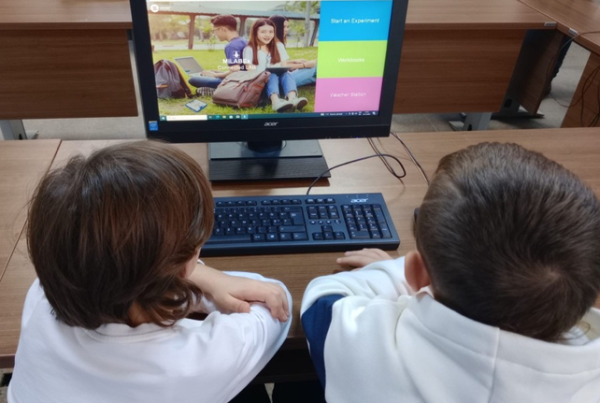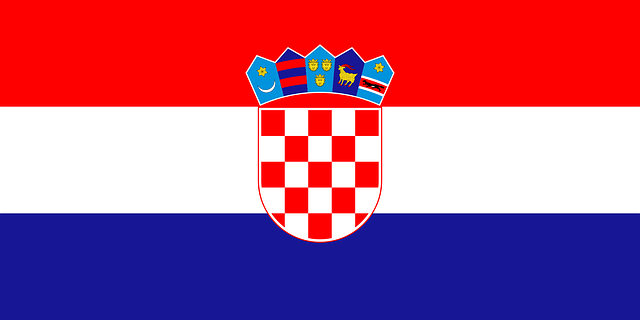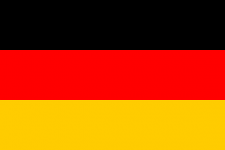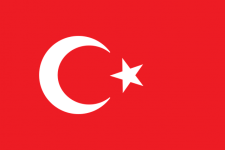The ICSE Science Factory project focuses on three key objectives:
- Providing collaborative science learning opportunities for all citizens on a local level that demonstrate the relevance of science for real-life challenges and contribute to a lifelong learning continuum.
- Raising the interest in science studies and science careers among young people, with a particular focus on girls and women.
- Fostering networking and the sharing and applying of research findings amongst various stakeholders to create, circulate, and use science for societal benefit.
The ICSE Science Factory project is a unique initiative that combines a unified European vision with a deep understanding of local community needs. It draws upon the collective expertise of a diverse consortium, creating activities that are both globally informed and locally relevant. The project’s focus areas include sustainability, digitalisation, and health – all critical, socially relevant issues. By addressing these real-world challenges, the project demonstrates the practical importance of science, making it accessible and engaging for all citizens.
Through different project formats, like workshops, open schooling projects, interactive career talks, conventions, fairs and mentoring, the ICSE Science Factory project aims to enhance scientific literacy and stimulate interest in science studies and careers. It’s not just about teaching science, but about showing how science can be used to understand and solve the problems we face in our daily lives.
The open schooling activities, for example, are a key part of the project’s educational concept, with schools being encouraged to run these activities with the support of mentors from local partnerships, including enterprises or community members versed in science. These mentors use their expertise to guide teachers, students, and external participants through their open schooling projects.
The project’s expected results are significant and are expected to contribute substantially to tackling the identified problems and needs in several ways:
- Increasing Scientific Literacy and Interest: By providing collaborative science learning opportunities for all citizens on a local level, the project aims to show the relevance of science for real-life challenges and add to a lifelong learning continuum. This approach is expected to increase scientific literacy among citizens and foster a greater interest in science studies and careers.
- Promoting Science Careers: The project aims to raise the interest in science studies and science careers among young people, with a particular focus on girls and women. By organizing interactive career talks where role models present their science careers, the project hopes to inspire more young people to consider a career in science.
- Fostering Networking and Collaboration: The project seeks to foster networking and the sharing and applying of research findings amongst teachers, researchers, and professionals across different enterprises as well as local communities. This is expected to lead to the creation of new partnerships that can contribute to improved science education and the use of scientific knowledge for societal benefit.
- Addressing Real-Life Problems: The project’s focus on real-life problem-solving and challenge-driven innovation processes is expected to help participants understand the relevance of science in addressing societal challenges. This approach not only enhances learning but also contributes to the development of solutions to real-world problems.
The ICSE Science Factory project is expected to make a significant contribution to science education and the promotion of science as a valuable tool for societal problem-solving. The project’s expected impacts are substantial, contributing to the EU’s efforts to combat a shortfall of scientists and citizens versed in science, and fostering a lifelong learning continuum for all citizens. The project’s focus on community involvement and real-life problem-solving also ensures that scientific knowledge is not just created and circulated, but also used for the benefit of society. This approach is particularly relevant in the context of the previous pandemic, which has underscored the importance of scientific literacy and the role of science in addressing societal challenges.





